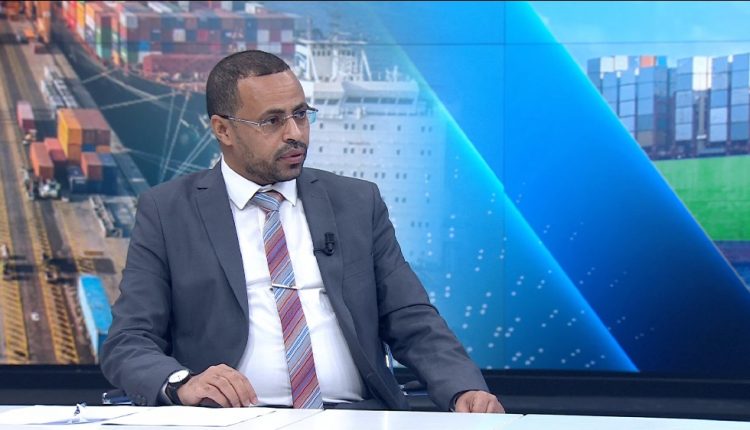Sea Access Critical for Ethiopia’s Economic Growth, Regional Development: IFA
Addis Ababa, November 2, 2024 (FBC) – Ethiopia’s quest for sea access is critical not only to overcome the country’s economic bottlenecks and expedite its growth but also to accelerate regional integration and shared development, Deputy Executive Director of Institute of Foreign Affairs (IFA) Abdi Zenebe emphasized.
Speaking to local news agency ENA, Abdi said that lack of sea access caused significant challenges to Ethiopia’s economic growth and development as it faced substantial hurdles in logistics and transport, industrialization, international trade, foreign direct investment and tourism.
“The country has been experiencing huge ever increasing cost in terms of transportation and logistics, the high cost of shipping for transit and other things are hugely difficult for a country like Ethiopia, and at the same time, also, it reduced the country’s export competitiveness,” Abdi said.
Hence, the country is working to address these challenges by ensuring its sea access.
The Ethiopian approach so far has been through integration, through give and take policy priorities, and the government has been working very closely with all the regional actors to ensure both naval access and outlet for the commercial purposes, Deputy Executive Director of IFA, which is a research think tank.
“Lack of access to the sea means you will have a limited bargaining power, significantly limiting the country’s capability in accessing global trade networks. And it has a huge impact on the country’s aspiration towards industrialization, because importing raw materials or machinery and other things is very expensive. And at the same time, exporting these materials as well is very difficult. So the industrialization aspiration is highly hampered by the lack of access to the sea,” Abdi said.
The lack of access to the sea for Ethiopia is not only limited to the economic sphere, but it is a matter of existential concern, he added.
Ethiopia is a strong advocate for regional integration in the Horn of Africa, believing that cooperation and collaboration can address shared challenges and unlock economic opportunities.
Abdi stated the potential benefits of sea access for Ethiopia and the region.
“One also needs to understand the intention and purpose of Ethiopia. Ethiopia understands its position in the Horn of Africa. It is a populous country in the sub-region. It has territorial sizes, but besides that, Ethiopia is integrated already through regionalization, through societal integration across the region and across the horn. And Ethiopia’s inspiration and development goes in line with transforming the Horn of Africa, region at large. Ethiopia’s priority here is prosperity, stability and regional integration. So any development that comes on the Ethiopian side definitely will have a direct impact on the neighboring countries as well,” Abdi assured.
So “by building infrastructures jointly, by developing borders, railroads and other infrastructures, we can develop, we can ensure our growth, collectively and interdependence has proven to be one very important instrument in providing us with peace and stability in any given part of the world,” he added.
Ethiopia has been working very hard to ensure diversified and uninterrupted access to the sea.
Ethiopia is the largest populous country among the landlocked countries in the world.
“Ethiopia’s potential is very huge, and this will definitely benefit not only Ethiopia, but the region at large. Ethiopia has been working closely with the neighboring countries. There is high degree of connectivity,” he said.
Ethiopia is highly connected with its strategic partner Djibouti in terms of road, rail, water and other issues, he pointed out, adding that it has also forged strong relations and integration with Kenya.
“We also have a strong relationship with Kenya,” he said. “One of the important corridors, is the Lamu corridor…Ethiopia also built a bilateral relationship with Kenya. In that regard, we have the one stop center in Moyale,” he said.
“And also with Somalia as well, we have been providing security and involved in the diplomatic and security areas to ensure the stability of Somalia. This country has been for a quite protracted period in the state of security challenge.”
The country has been working very closely to ensure regional integration.
“Ethiopia has been building infrastructures, exporting electricity. For example, Ethiopia is exporting electricity to Djibouti, Kenya, and Sudan. This is very much important. And we want to also expand this provision, important provision. And we have also potential, as you know very well, of exporting clean water, being covered water. We have started with Djibouti, but this will also expand across the region. There are a lot of things that the government promises to provide with a number of actors.”
Ethiopia’s quest for sea access aligns with the African Union’s integration agenda, he added.



